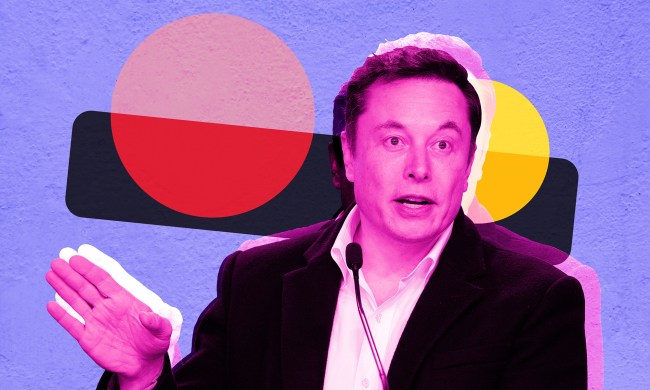
Microsoft is betting big on artificial intelligence. In a blog post published Sunday, May 20, the technology giant announced the acquisition of Semantic Machines, a company focused on building conversational A.I. “Their work uses the power of machine learning to enable users to discover, access, and interact with information and services in a much more natural way, and with significantly less effort,” Microsoft notes. The move could help give Cortana the leg up it needs on competitors like Amazon Alexa and Google Assistant.
“A.I. researchers have made great strides in recent years, but we are still at the beginning of teaching computers to understand the full context of human communication,” wrote David Ku, CVP and chief technology officer of Microsoft A.I. and Research. “Most of today’s bots and intelligent assistants respond to simple commands and queries, such as giving a weather report, playing a song or sharing a reminder, but aren’t able to understand meaning or carry on conversations.” But conversational A.I. could turn this norm on its head, and Semantic could be at the forefront of this change.
Semantic has previously worked with major tech firms, leading automatic speech recognition development for Apple’s Siri. In essence, Semantic employs machine learning in order to provide context to chatbot conversations, making dialogue seem a bit more natural and better-flowing.
“With the acquisition of Semantic Machines, we will establish a conversational AI center of excellence in Berkeley to push forward the boundaries of what is possible in language interfaces,” wrote Ku. “Combining Semantic Machines’ technology with Microsoft’s own A.I. advances, we aim to deliver powerful, natural and more productive user experiences that will take conversational computing to a new level. We’re excited to bring the Semantic Machines team and their technology to Microsoft.”
Thus far, no financial details of the acquisition have been disclosed.
Microsoft is by no means the only company trying to make strides when it comes to artificial intelligence and its smart assistants. Amazon, for example, is trying to give Alexa a better memory, while Google is making bots so human-esque that they’re practically indistinguishable from humans during phone conversations with its new Duplex offering. We’ll just have to see how Microsoft keeps up.


